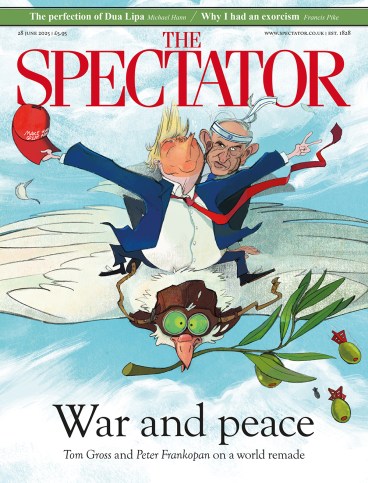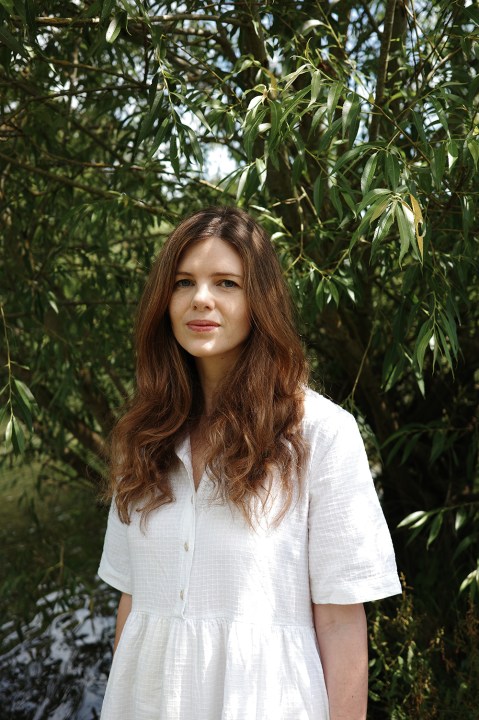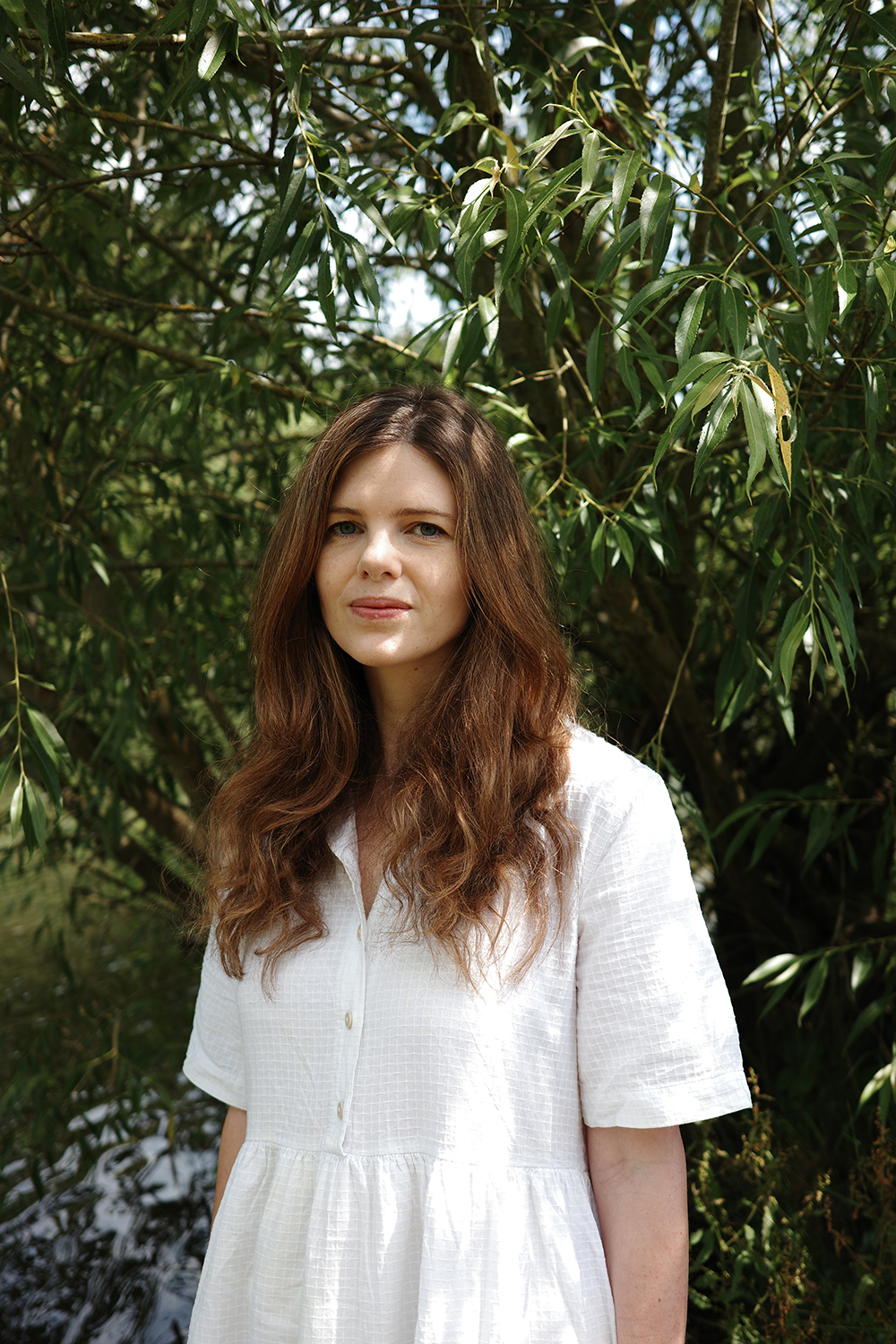
‘Summer was the season of strangeness,’ muses Temperance, the barmaid at Little Nettlebed’s only alehouse. ‘People behaved peculiarly then.’ Temperance’s aside anchors the dramatic irony at the heart of Xenobe Purvis’s debut novel The Hounding, set in an 18th-century Oxfordshire village in the grip of a drought.
In the villagers’ eyes, through which much of the story is told, this strangeness starts with the Mansfield sisters, five orphaned girls leading a reclusive life on a farm across the river, in the sole care of their blind grandfather, John. The girls’ free manners, in flippant disregard of the era’s orthodoxies, fill onlookers with mistrust.
To us, however, the sisters are simply girls being girls, and the strangeness rather stems from the villagers’ outdated mindset. The ferryman, Pete, resents the sisters for their lack of meekness and, even more humiliatingly, for afflicting him with ‘unclean thoughts’. But, it is implied, he also blames them for his other grievances, from the heat-guzzled river – which the villagers will soon be able to cross by foot, making his services superfluous – to his impending wedding to a woman he dislikes. In the words of Thomas, John Mansfield’s young farmhand, the sisters are held ‘responsible for a lot of things’. Pete’s obsession festers and mounts, until one night he claims to have spotted the girls turn into feral dogs. The rumour spreads like wildfire and the villagers close ranks.
Such a reversal of logic – by which the true horror resides not in the possibility that a girl might shapeshift into a rabid hound, but in the villagers’ consensus that self-reliant women have got to have something wrong with them – is trumpeted in the blurb: ‘It is safer to be a wild animal than an unconventional young woman.’ It’s a valid point, but it’s been brought home in witch-hunty books so often that it now feels a bit tired.
Purvis, who was inspired by a ‘real case of five barking girls’, does an excellent job of sketching swampy settings and folk-gothic atmospheres. For Temperance’s development alone, from prim bystander to a freethinking agent with a dark inner life (see her awakening to the fiendish temptation of alcohol, the poison that killed her father), the novel is worth reading.
And it’s a safe bet: you know what the characters are getting into from the first page, and the summer publication is also auspicious. The Hounding is the perfect holiday book.








Comments